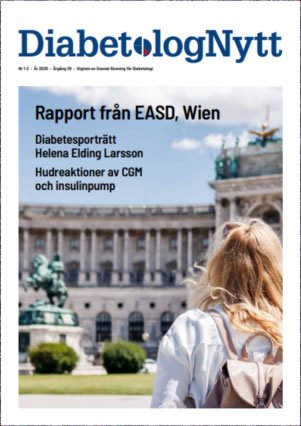However, the researchers note that high-quality randomized controlled trials are needed to further confirm the finding because of ”substantial heterogeneity” among the examined studies.
Metformin and the risk of neurodegenerative diseases in patients with diabetes: A meta-analysis of population-based cohort studies
ABSTRACT
Methods
Articles were systematically searched in PubMed, EMBASE and Cochrane Library databases. Pooled relative risks (RRs) with 95% CIs were obtained using a random-effects model. Subgroup analyses, sensitivity analyses and meta-regression were performed to identify the sources of heterogeneity and strengthen the results.
Results
Twelve population-based cohort studies involving 194,792 participants (94,462 metformin users and 100,330 metformin non-users) were eligible for inclusion in this meta-analysis.
The pooled RR of NDs reached 0.77 (95% CI 0.67–0.88) when comparing metformin users with non-users.
The effects were more prominent in long-term metformin users (≥4 years) (RR 0.29, 95% CI 0.13–0.44) and studies from Asian countries (RR 0.69, 95% CI 0.64–0.74).
The effect estimates were stable when stratified by subtypes of NDs, study designs, and control definitions (p for interaction >0.05). Meta-regression did not identify the coefficients as the sources of heterogeneity (all p > 0.05).
Conclusions
This systematic review and meta-analysis found that metformin use, especially long-term use, was associated with lower ND risk. However, because there was substantial heterogeneity among studies, high-quality randomized controlled trials are still needed to confirm this finding.
Nyhetsinfo
www red DiabetologNytt

